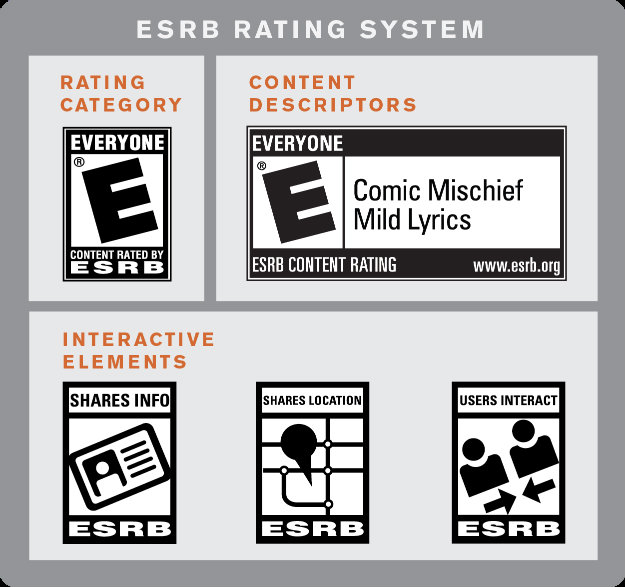
Back in December, before helping pass the Violent Content Research Act of 2013, Senator Jay Rockefeller (D-WV) called on the federal government’s media oversight groups to tighten their focus on the video game industry. “I have long expressed concern about the impact of the violent content our kids see and interact with every day,” said Rockefeller, “Recent court decisions demonstrate that some people still do not get it. They believe that violent video games are no more dangerous to young minds than classic literature or Saturday morning cartoons. Parents, pediatricians, and psychologists know better… I will be calling on the Federal Trade Commission and Federal Communications Commission to expand their work in this area.”
The FTC has risen to Rockefeller’s challenge. On Monday, the FTC found that video game industry is impressively adept at keeping content rated for adults out of children’s hands.
An undercover FTC study surveying the industry found that in 87-percent of cases where a child under 17-years-old tried to buy a game rated Mature by the ESRB, they were blocked by retailers.
The Entertainment Software Association used the study as an opportunity to promote the ESRB rating system. “The ESRB is the gold standard in entertainment ratings,” said ESA president Michael Gallagher, “The ESRB and its retail partners deserve thanks and praise for their outstanding work in empowering and helping parents.”
Of course, the FTC’s study only accounted for games bought in brick and mortar retailers, not digital sales outlets like iTunes and Valve’s Steam. Many digital retailers screen for age and provide parental controls to keep kids from buying mature content, but with no human being at the check out it’s far more difficult to determine how effectively those methods work. Of course, the same can be said about pretty much anything you can purchase online.
The ESRB only recently made changes to its rating system and ratings process to accommodate the swift changeover to digital distribution that’s affecting the video game industry. The Digital Rating Service launched last fall foregoes the fees typically associated with getting retail game rated, something the ESRB hopes will spur adoption of the system.


